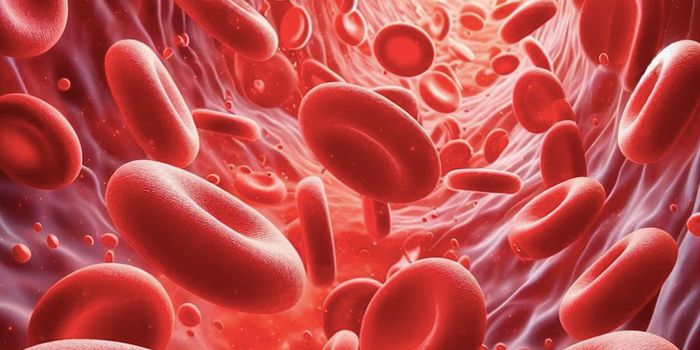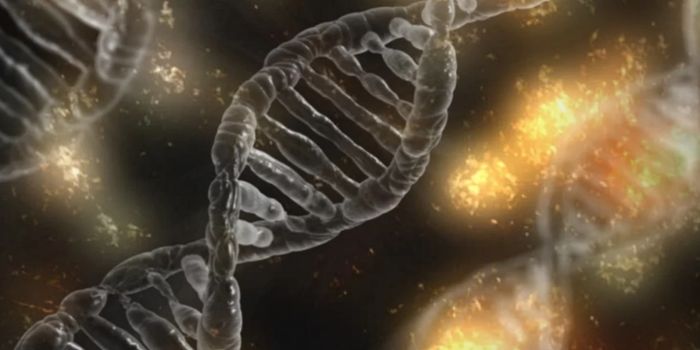Identifying Genes Linked to an Aging Brain
As we get older, our body has to replace old cells with new ones. But in the brain, that process slows down as we age. Researchers have identified changes in about 250 genes that go along with the reduction in stem cell activity as they replenish cells in the brain. When the activity of one gene, Dbx2, was raised by the researchers, young stem cells began to behave like old ones, aging prematurely and growing more slowly. The work has been reported in Aging Cell.
Researchers at the Babraham Institute, Cambridge and Sapienza University in Rome looked at genes that were active in the brain cells of old mice and compared it to that in young mice. The study, jointly led by Giuseppe Lupo and Emanuele Cacci in Italy and Peter Rugg-Gunn in the UK, found that some genes were turned on while others shut off as aging progressed.
"Aging ultimately affects all of us, and the societal and healthcare burden of neurodegenerative diseases is enormous. By understanding how aging affects the brain, at least in mice, we hope to identify ways to spot neural stem cell decline," said co-lead scientist Dr. Peter Rugg-Gunn. "Eventually, we may find ways to slow or even reverse brain deterioration - potentially by resetting the epigenetic switches - helping more of us to stay mentally agile for longer into old age."
After assessing gene activity, they tested one of the main findings. A gene with altered activity, Dbx2, was manipulated in young brain stem cells. The scientists made those young stem cells grow new brain cells more slowly by increasing Dbx2 activity. While the cells were not exactly like old stem cells, there were notable similarities. That suggests that the other genes identified in the study could also be very important to brain aging.
In addition to changes in genes in older stem cells, the scientists uncovered alterations to several epigenetic marks, which are chemical tags added to genes that modify them in various ways. These may also influence the deterioration of brain cells with age.
"The genes and gene regulators that we identified are corrupted in neural stem cells from older mice," revealed first author Dr. Giuseppe Lupo, Assistant Professor at Sapienza University. "By studying the Dbx2 gene, we have shown that these changes may contribute to aging in the brain by slowing the growth of brain stem cells and by switching on the activity of other age-associated genes."
"We hope this research will lead to benefits for human health. We have succeeded in accelerating parts of the aging process in neural stem cells. By studying these genes more closely, we now plan to try turning back the clock for older cells. If we can do this in mice, then the same thing could also be possible for humans," concluded co-lead scientist Dr. Emanuele Cacci at Sapienza University.
Dr. Rugg-Gunn discusses how epigenetics impacts our physiology in the video.
Sources: AAAS/Eurkealert! Via Babraham Institute, Aging Cell










